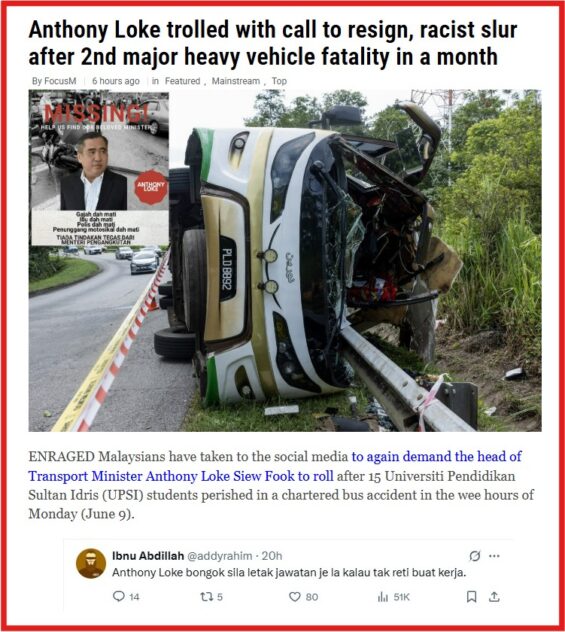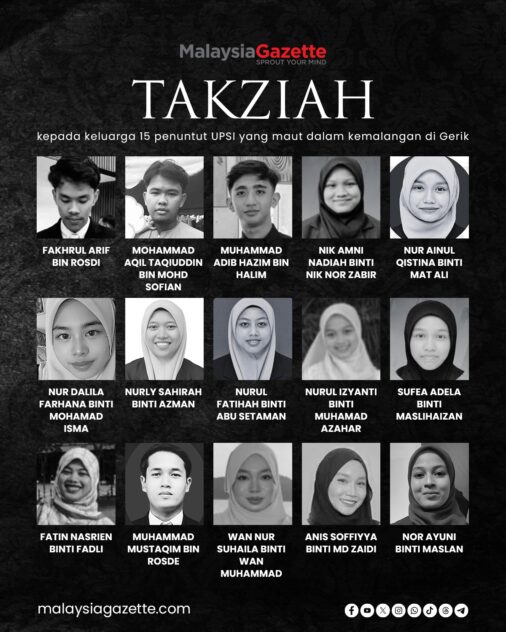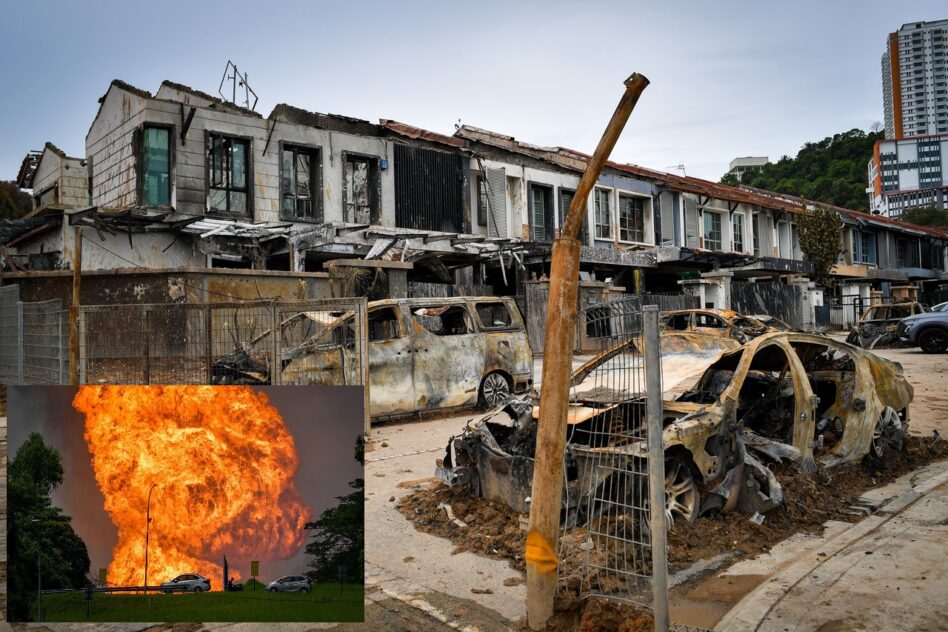THE recent chartered bus tragedy near Tasik Banding along the Gerik-Jeli East West Highway which claimed the lives of 15 Universiti Pendidikan Sultan Idris (UPSI) students has once again thrown a harsh spotlight on Malaysia’s persistent and worsening road safety crisis.
It is a grim reminder of the systemic failures in the country’s transport management = a system that continues to cost innocent lives with alarming regularity.
Under the leadership of Transport Minister Anthony Loke Siew Fook, the Transport Ministry (MOT) has shown a concerning pattern: a reactive approach to fatal road accidents rather than proactive, sustained intervention.

Investigations, inspections and audits only seem to follow after devastating crashes. This cycle of delayed accountability and knee-jerk responses has done little to stem the tide of fatalities on Malaysian roads.
The core issue is not the lack of regulation – vehicle inspections, licensing protocols and road safety measures technically exist.
The problem lies in their poor enforcement and a bureaucratic machinery undermined by endemic corruption.
From graft to fancy license plates
Reports have repeatedly pointed to corruption as the chief obstacle to ensuring heavy vehicles such as buses and lorries are roadworthy.
From falsified inspection records to bribes for driving licenses, corruption has hollowed out the very institutions meant to safeguard road safety.
Malaysia once prided itself on a modern highway system, particularly the North-South Expressway.
But years of under-investment, skyrocketing vehicle ownership and failure to expand or diversify routes have made these roads dangerously congested.

Lateral highways have done little to absorb traffic overflow while heavy vehicles dominate the roads at all hours – many poorly maintained and driven by operators under intense pressure to meet unrealistic schedules.
The MOT appears ill-equipped to handle this growing crisis. It lacks not only sufficient funding and manpower but also the strategic vision and political will to enforce reform.
Despite years of tragic accidents, there has been little systemic overhaul. Instead, the ministry appears consumed with superficial matters – such as regulating fancy license plates – while the real problems fester.
Robust overhauling
Minister Loke must break this pattern. He must demonstrate that his ministry is not merely a passive observer of road tragedies but an active agent of change.
A full revamp of the ministry’s enforcement arms – including the Road Transport Department (JPJ), the Land Public Transport Agency (APAD) and the PUSPAKOM vehicle inspection service – is urgently needed.
These agencies require robust oversight, strict anti-corruption mechanisms and modernised infrastructure to carry out their duties effectively.
Families have been shattered and lives lost in accidents that were entirely preventable.
Unless there is a paradigm shift in how the government tackles this issue, Malaysia risks being labelled as having one of the most dangerous traffic systems in Asia.
Can Minister Loke transform Malaysia’s roads into some of the safest in the region? Or will the country continue to descend down the rankings, its roads becoming synonymous with fear, injury and death?
Road safety demands political courage – not photo opportunities. The time for reaction is over. What Malaysia needs now is a Transport Minister with the vision and resolve to act before the next tragedy strikes. – June 10, 2025
Former DAP stalwart and Penang chief minister II Prof Ramasamy Palanisamy is chairman of the United Rights of Malaysian Party (Urimai) interim council.
The views expressed are solely of the author and do not necessarily reflect those of Focus Malaysia.
Image credit: Bernama









